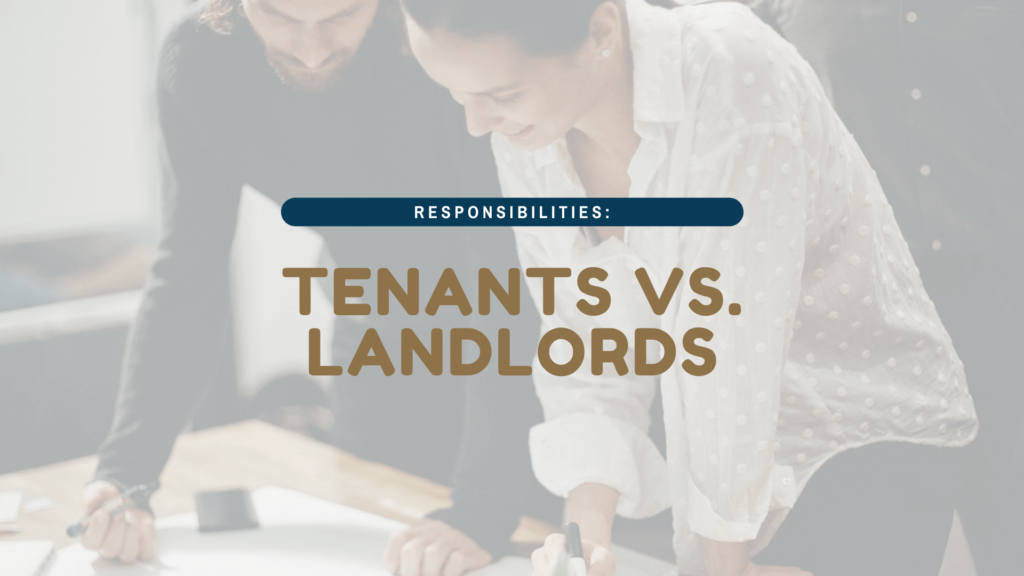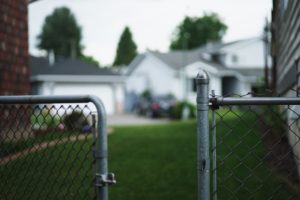
Landlords know they are responsible for providing a safe, habitable, and well-maintained rental home. Tenants typically understand that they’re responsible for paying rent on time and keeping the property clean and in good condition.
Those are the easy items on any landlord or tenant’s list.
What about landscaping and pest control? Who should change the light bulbs in the kitchen? What about wear and tear or property damage?
These are the questions that get a bit trickier.
When you have a Charlotte rental property, you need to be clear about what you’re responsible for and what your tenants are responsible for in that property. Everything should be clear in the lease agreement, and you should also have a detailed conversation about expectations before your tenants move in.
Here are some of the most important things to consider.
Meeting Habitability Standards: A Charlotte Landlord’s Responsibility
As a rental property owner, you shouldn’t begin marketing your property until it’s safe and habitable. This will include paying attention to things like:
- Any state and local health or building codes that require compliance.
- Checking the structure of your rental property.
- Making sure the home is protected against extreme heat, cold, and other weather-related elements.
- Access to heat, water, electricity, and plumbing.
- Pest control – you don’t want your residents moving into an infested home.
Habitability means that your Charlotte rental home is safe for human residency. There aren’t any hazards, safety issues, or defects. If there’s a sewer leak or a lack of plumbing or none of your electric outlets work – the home is not habitable. This is entirely your responsibility as the landlord and property owner.
Maintaining Your Charlotte Investment Property
Landlords are also responsible for responding to routine and emergency maintenance issues.
It is always a good idea to respond to the tenant’s repair requests quickly, even if it’s something minor. A clogged garbage disposal or a loose faucet may not seem like a big deal, but the tenants will note how long it takes to take care of the issue. Ignoring small problems can also be financially dangerous because they often become more complicated and more expensive if they’re neglected.
Make sure you’re respectful of your tenants when you make these repairs. Hire vendors who are licensed, insured, and will do good work. Give tenants plenty of notice before you enter the property to fix something, and make sure you document all the work you do. If there’s an emergency, make sure tenants know exactly how to get in touch with you.
Responsibilities for Charlotte Tenants
Tenants have a responsibility to report those maintenance issues to you as quickly as possible. Deferred and unreported maintenance work will only grow more costly, so you want to know about problems right away.
While landlords are responsible for general maintenance and property wear and tear, you can hold the tenants accountable for any damage that’s done due to their abuse, misuse, or neglect of the property. A child coloring on walls, for example, or a door that was ripped off its hinges are the responsibility of the tenant.
Landscaping and lawn care should be addressed in your lease agreement. Sometimes, landlords leave this up to the tenant. But if you really care about the grass or the lawn, it may be better to hire a professional service to keep it looking the way you want. You can roll the cost of that service into the rental amount you charge your tenants.
 If you’re unsure about a specific responsibility at your rental home, contact us at AM Realty. We are prepared to answer all of your Charlotte property management questions.
If you’re unsure about a specific responsibility at your rental home, contact us at AM Realty. We are prepared to answer all of your Charlotte property management questions.
